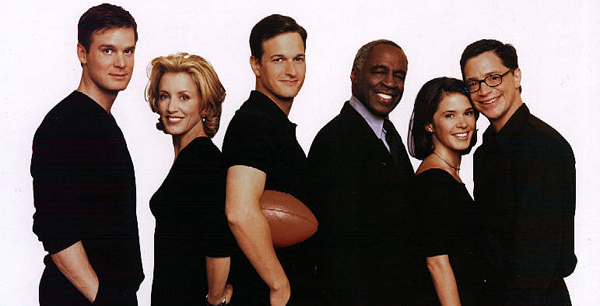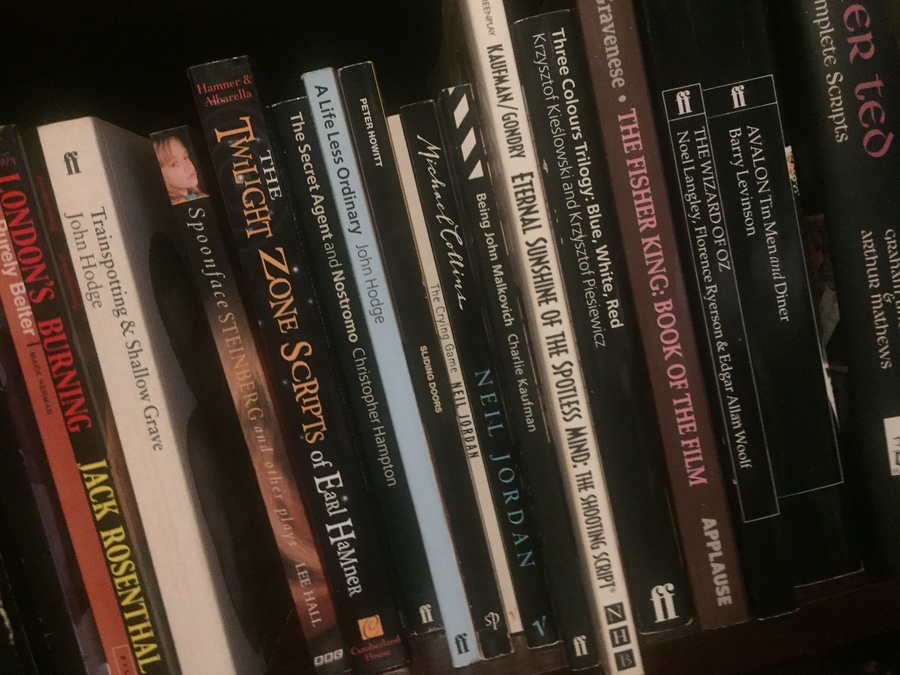I was told this week that a character I’d written was clearly my creation, my type of character, and yet simultaneously also straight out of an Alan Plater drama. It was meant as a compliment and I took it as high praise.
Partly, actually, because one of my favourite things about Plater’s writing was when he dramatised Olivia Manning’s Fortunes of War books. Watch the series, read the books, it’s clearly Manning throughout and yet the TV series is also simultaneously in Plater’s own voice too. I cannot fathom how he did that.
But I can fathom voice. I used to be proud of being able to adapt to any house style, any requirement, and now, not so much. I’m not proud of it and I don’t think I can do it anymore. Not when I now so cherish how a friend once recognised I was the writer of a particular piece, even when the job had required me to not sign or byline it. That reminded me of the radio broadcaster Fi Glover: the first minute I heard her on air, I knew who it was because I’d read her book.
She writes the way she speaks, which is fantastic and damn hard and may not be the only way to write but I have such a fondness for it that I think maybe it should be. Perhaps just on weekdays.
There’s also that I know, from direct experience, that you can encourage a writer to find their own voice but until the day they do, they’re as likely to have no clue what you even mean. Maybe we all start off trying to write like our favourite writers and maybe there just comes a day when you say sod that and write like yourself, but there comes that day, and there comes your voice.
Only…
I think the start of writing is finding this voice, but I worry that the end of writing is holding on to it too tightly.
This week I came across a few pages of The Golden Age, an unfinished theatre play script about 1960s British television. It may be that only those few pages were ever written, because I can’t find any trace of a full play being performed. I shouldn’t tell you who wrote it, but if you read it, you’d recognise the voice immediately. Just as you’d know it was a theatre script, even though at no point does it say that, or anything like it.
Suddenly, I’m wondering if I’m wrong and it was an unfinished TV script. I don’t think so. Plus, incidentally, the 1960s weren’t the golden age of television, we’re living in the golden age now. But I reckon that the play was started somewhere in the early 2000s, so the writer wasn’t to know.
It’s fine. Good gags, a wry and very clear opinion, but it’s the same opinion as in this writer’s other work. And though the specific words of the jokes are different, they’re really the same. The same kind of setup and the same kind of payoff, the same type of character making the same type of point.
Look, it was never finished so maybe this writer thought the same as I do.
But it’s like when you watch an Aaron Sorkin drama. There’s never the slightest pixel of a doubt who wrote it, and there are a thousand points to love and relish, but he has a very precise voice, he has a particular shtick.
And while his writing is so good that I have watched and many times rewatched his Sports Night comedy despite caring even less about sport than I know about it, it’s also so good that it stays with you. And consequently, I couldn’t watch his The Newsroom series, even though I really tried.
The trouble for me is that while the lead character in that, Will McAvoy, is apparently very good, I could never quite see him through the crowd of previous Sorkin characters standing in his way. This line sounds like Jed Bartlett from The West Wing, that one is clearly Danny Tripp from Studio 60 on the Sunset Strip, and this is unquestionably Will McAvoy quoting Casey McCall from Sports Night.
In Sorkin’s case, he does also repeat stories between shows, which doesn’t help. A couple of characters in different series discover their father has been having an affair for decades, for instance, and a window gets startlingly smashed by someone in roughly identical situations in Sports Night, The West Wing and Studio 60.
There’s also the, to me, totally riveting issue of a man pursuing a woman. In Sports Night, you’re rooting for the two to get together. In Studio 60, the same story is creepy as hell.
So there is a difference in Sorkin’s characters, but again, you always know it’s him.
I think that’s great. I think a clear and strong voice is exciting and is so different to all the could-be-by-anyone dramas.
Only, his voice gets in his way for me, at least with The Newsroom. And on a rather smaller scale, I worry that having long found my own voice, it’s become too locked in for my own good.

